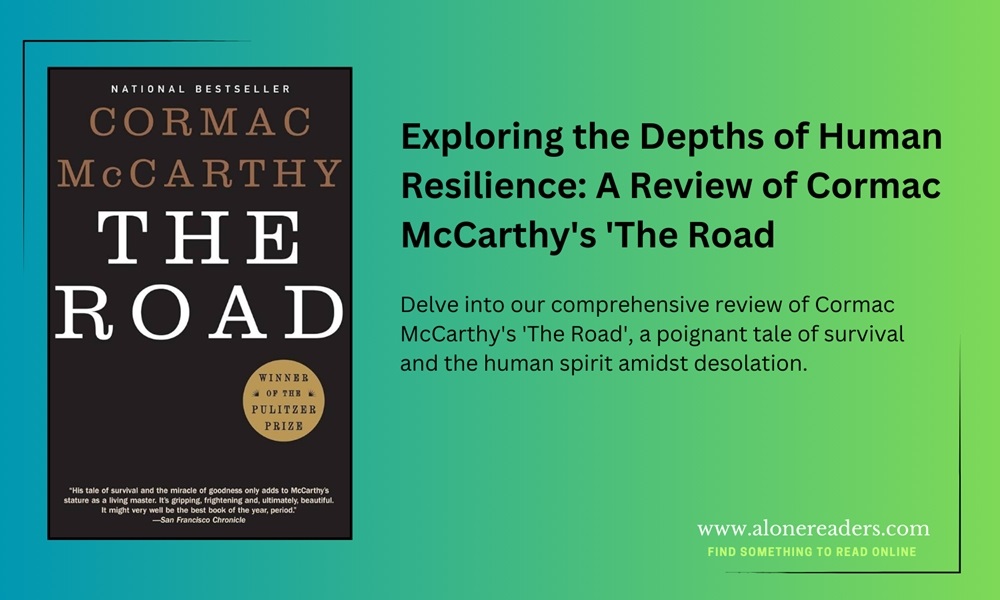
In Cormac McCarthy's Pulitzer Prize-winning novel "The Road", readers are invited into a post-apocalyptic world that is as harrowing as it is hauntingly beautiful. This masterpiece of modern literature, released in 2006, weaves a tale of survival and the enduring bond between a father and son as they navigate a world stripped of its humanity.
The novel is set in a bleak, ash-covered landscape, where an unnamed catastrophe has annihilated most of life on Earth. The story focuses on a father and his young son as they journey southward toward the coast in hopes of finding a warmer climate and a semblance of a safe haven. This landscape McCarthy paints is stark and unforgiving, a testament to the novel's exploration of the depths of human despair and resilience.
What sets "The Road" apart is not just its post-apocalyptic setting but the profound relationship at its core. The father and son are 'each the other's world entire', a line that resonates throughout the novel, emphasizing their mutual dependence and love. Their relationship is a beacon of hope and warmth in a world devoid of both. The father's unwavering commitment to protecting his son is matched by the son's innocence and moral compass, which, despite the horrors they face, never wavers.
McCarthy's writing style in "The Road" is as barren and unyielding as the world he describes. His prose is sparse, stripped to its essentials, with no quotation marks for dialogue and minimal punctuation. This stylistic choice mirrors the desolate environment and the rawness of the human condition in such a setting. Yet, within this bleakness, McCarthy's language is also capable of profound beauty, capturing both the brutality and the tender moments between the father and son.
One of the most compelling aspects of "The Road" is its exploration of themes like survival, morality, and the essence of what it means to be human in a world that has lost all semblance of civilization. The characters encounter various threats and challenges, from scarcity of food to encounters with other survivors who are often more dangerous than the desolate landscape. McCarthy does not shy away from depicting the harsh realities of this new world, yet there's an undercurrent of hope and the power of the human spirit to endure.
The novel also delves into philosophical and existential questions. It prompts readers to ponder what it means to be good, the nature of faith, and how to find meaning in a seemingly meaningless world. The father's attempts to explain the old world to his son, who has no memory of it, is both poignant and heartrending. Their journey is not just a physical one but a journey through the remnants of what once was, a reflection on the loss and the enduring flicker of hope.
"The Road" is not just a story of survival; it is a meditation on the love between a father and son, and on the indomitability of the human spirit. McCarthy's narrative is an elegy to the world that was and a testament to the resilience of the human heart. It's a novel that stays with the reader long after the last page is turned, haunting in its portrayal of desolation but uplifting in its depiction of love, hope, and the enduring bond between a father and his child.
In conclusion, "The Road" is a profound work of art that transcends the boundaries of typical post-apocalyptic fiction. It challenges the reader to confront the depths of despair while simultaneously offering a glimmer of hope. McCarthy's unique prose and the compelling narrative make this novel not just a literary achievement but a profound human experience. It is a book that is as relevant today as it was at the time of its publication, perhaps even more so in our current times. "The Road" is a must-read, not just for lovers of literature but for anyone who seeks to understand the complexities of the human condition.